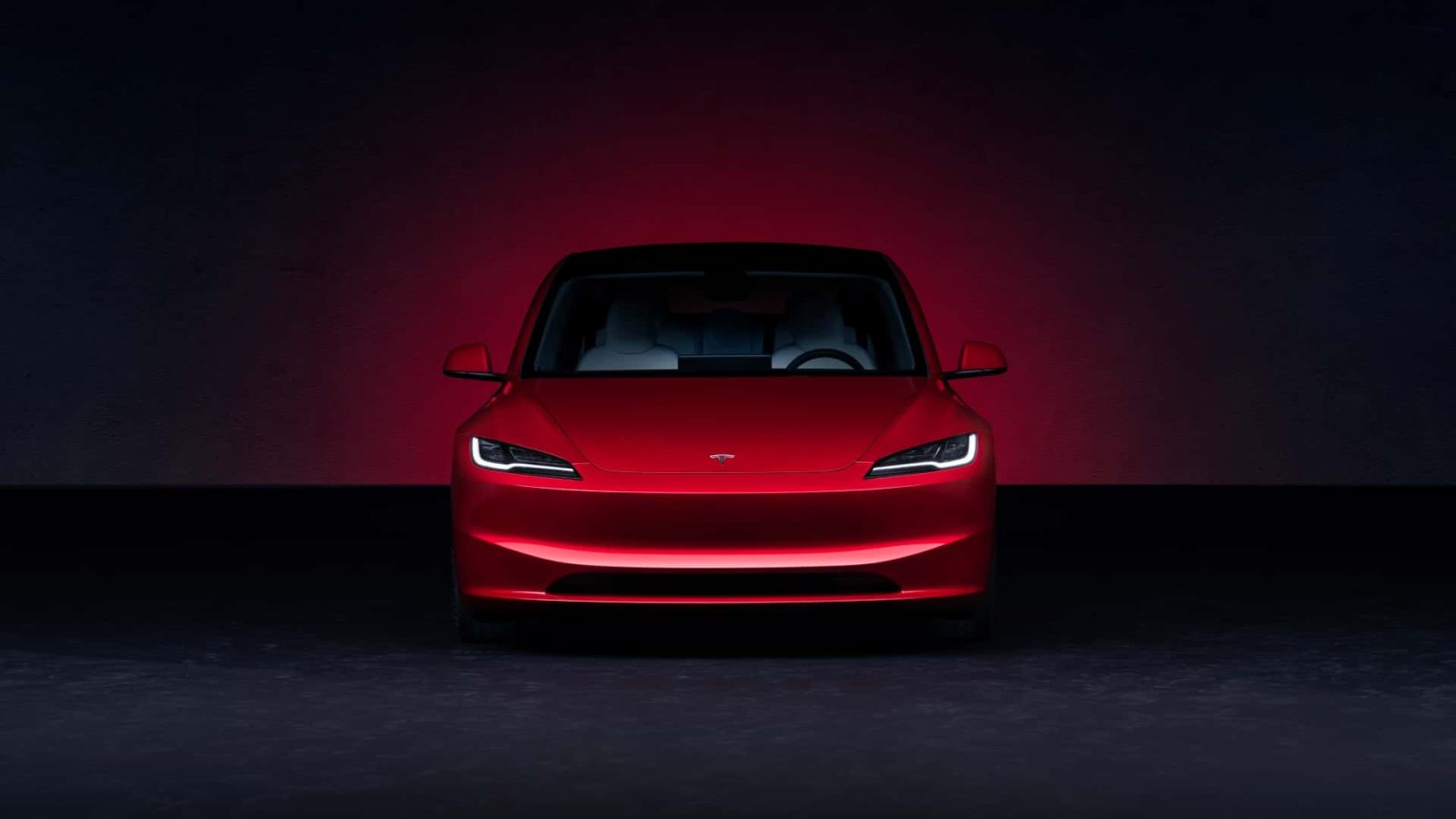
Panasonic said it will produce a new and improved version of the 2170 cells used in Tesla Model 3 and Model Y at the plant in Nevada that it operates with Tesla “sometime during 2024 or 2025,” according to a new report in Bloomberg. The new cells, which pack a lot more energy density, could help reduce EV prices, the company states.
Panasonic CTO Shoichiro Watanabe told Bloomberg in an interview that the Japan-based electronics maker aims to deliver on its promise to “quadruple production capacity by the 2030 fiscal year.” And to make that happen, he said the company won’t need to rely on building new factories or pouring large investments into production plans.
“We will expand battery capacity and improve productivity at the same time,” Watanabe told Bloomberg.
Panasonic, whose main US customer is Tesla, produces some 10% of the batteries found in electric vehicles around the world. The company plans to start producing a revised version of its 2170-type cylindrical battery cells, which Tesla uses in its Model 3 and Model Y cars, and increase its battery production output by 10%. Panasonic has been working to increase the energy density of the 2170 cell, with Watanabe saying that the new improvements could help reduce the overall cost of an EV, Bloomberg reports. Presumably better energy density means fewer cells would be needed to produce a car, which could reduce the overall price.
Panasonic is currently building a new factory of 2170-type cells for EVs in De Soto, Kansas, its second in North America. The plant is a $4 billion project with an initial output of 30 GWh/year. In 2022, it was expected that the factory would be designated for the new and larger 4680-type cylindrical battery cells, which are thicker and more voluminous, for Tesla’s next-gen models, but Panasonic delayed that project.
A third US battery manufacturing plant should be announced soon, with the company pledging to raise its production capacity to 200 GWh by 2030 from its current limit of 50 GWh. While there is still no word on the location of this plant, likely to bring in thousands of jobs, Panasonic did turn down nearly $700 million in state incentives to build in Oklahoma.
Earlier in December, Panasonic announced its agreement to purchase nano-composite silicon anode material from Sila, a California-based company cofounded in 2011 by one of Tesla’s early employees. Sila’s Titan Silicon anode powder, as Wired reports, “consists of micrometer-sized particles of nano-structured silicon and replaces graphite in traditional lithium-ion batteries.” Swapping it out doesn’t require any new manufacturing processes, and using this in EVs “could soon enable 500-mile nonstop trips and 10-minute recharges.” This is all rather promising stuff.
The Biden administration’s Inflation Reduction Act, which offers subsidies to battery cell manufacturing in the US, has been a massive boon to companies like Panasonic to build and manufacture in North America. Bloomberg cites that Panasonic forecasts a $587 million increase in operation during the fiscal year that ends March 2024.
If you’re an electric vehicle owner, charge up your car at home with rooftop solar panels. To make sure you find a trusted, reliable solar installer near you that offers competitive pricing on solar, check out EnergySage, a free service that makes it easy for you to go solar. They have hundreds of pre-vetted solar installers competing for your business, ensuring you get high quality solutions and save 20-30% compared to going it alone. Plus, it’s free to use and you won’t get sales calls until you select an installer and share your phone number with them.
Your personalized solar quotes are easy to compare online and you’ll get access to unbiased Energy Advisers to help you every step of the way. Get started here.
FTC: We use income earning auto affiliate links. More.




Comments